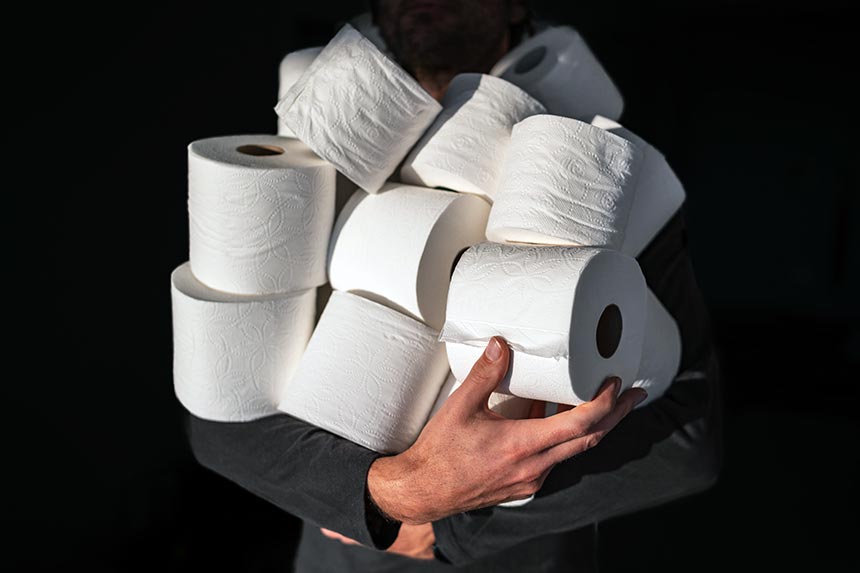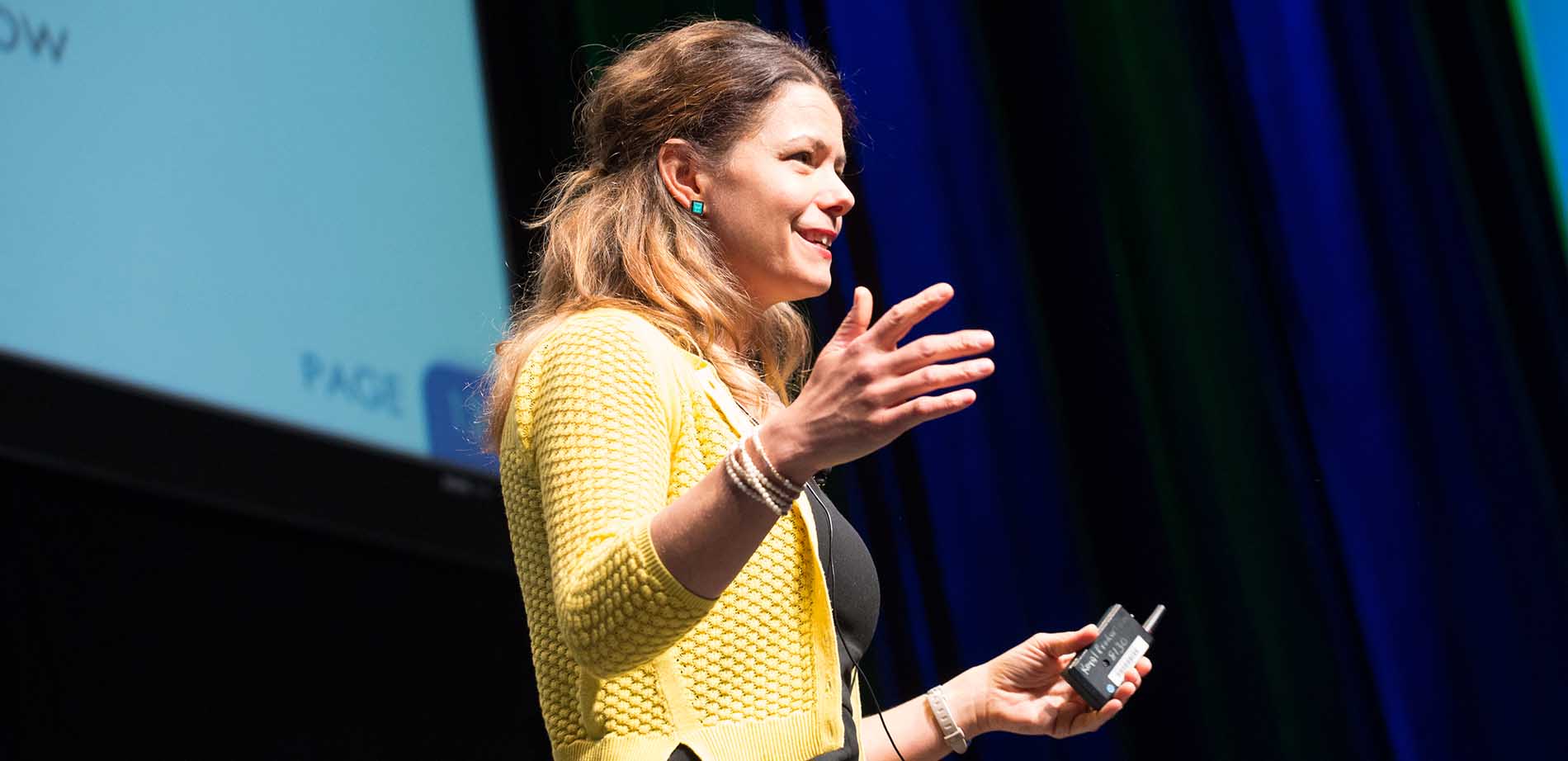To level-set: I’m certainly not suggesting that Amazon is happy about a worldwide pandemic.
Many of Amazon’s workers have fallen ill themselves. They’ve gotten bad PR over their sick leave policies. Their vendor and seller community are suffering. Supply of high-demand products is limited. Transportation has been affected. Lastly, a giant spotlight is shining on their limited ability to properly police the third-party platform ($400 hand sanitizer, anyone?)
COVID-19 has created massive disruption to literally every part of their business model, forcing them to pivot like never before. I can only imagine what a giant fire drill it is at Amazon right now.
However, with crisis comes opportunity…and Amazon is currently rich with opportunity. Here’s why:
1. Weren’t buying groceries online before? Well, you are now.
How many people helped their parents or grandparents set up their first grocery delivery order? Or informed them they could buy a five-pound bag of Haribo Gummy Bears on Amazon? Or bought something on Amazon they wouldn’t have, normally?
Shopping online—possibly exclusively—for several weeks is likely to cement new habits. Before COVID-19, only about 5% of groceries, household consumables, and beauty products were purchased online. After the adoption of these new online shopping practices, that number is—and will remain—much higher. Expect Amazon to have a stronger foothold in Grocery, Healthcare, and Household Consumables.
Also, Fashion companies are closing both brick and mortar and e-Commerce stores left and right. Some won’t make it through the COVID-19 pandemic. Amazon has been waiting in the wings, and this is their big moment.
2. Amazon will rush to have robots run the warehouses.
If ever there was a motivation to hurry up and automate everything already, COVID-19 is it. Human workers get sick and are absent. Humans may feel pressured to work while they are sick, resulting in negative press for Amazon.
Expect accelerated innovation in warehouse robotics, better policies for workers and worker protection (hopefully), and an overall stronger supply chain.
3. They’re learning a ton about what’s wrong with our healthcare system. So they can build a better one.
What a timely simulation for them to see all the weaknesses in the current system, from lab testing bottlenecks, lack of remote diagnosis and treatment, the subjectivity of doctors, and poor claims management. This presents an opportunity to observe, gather data, and plan how they’ll do it better…in their version of Healthcare. Hmmm.
4. They get to show how they really CAN partner with manufacturers.
In an inventory-constrained environment, the retailer must partner with manufacturers to get what they want. Amazon must collaborate with brands. Amazon must communicate, like sometimes on the phone. Amazon must negotiate. Amazon must give and receive. And so far, they are.
5. The isolation economy is good for cloud storage (AWS), Prime Instant Video, and Alexa usage.
More people staying home means more people watching Prime Instant Video, talking to Alexa, engaging with Amazon Chime videoconferencing, and using Amazon’s cloud storage services. Amazon is learning a ton in these areas right now. Expect a wave of innovation in these areas, and especially home connectivity, post COVID-19.
6. They get to be a hero.
From anti-trust, treatment of warehouse employees and delivery drivers, and counterfeit goods, Amazon’s gotten a bad rap in the press lately.
Now, Amazon has a chance to create positive press in finding medical supplies for hospitals, prioritizing food and household consumables for customers in need, and hiring people who are out of work. They agreed to raise warehouse wages and pay double overtime. And they’re still delivering our packages, so we don’t have to leave our houses and catch this nasty thing.
Amazon will find a way to pivot its business—yet again—to address the growing needs of consumers. Maybe we’ll love them for it. Maybe we won’t. But at least we’ll have toilet paper.
In any case, according to Jeff Bezos, “My own time and thinking is now wholly focused on COVID-19 and how Amazon can best play its role.”

